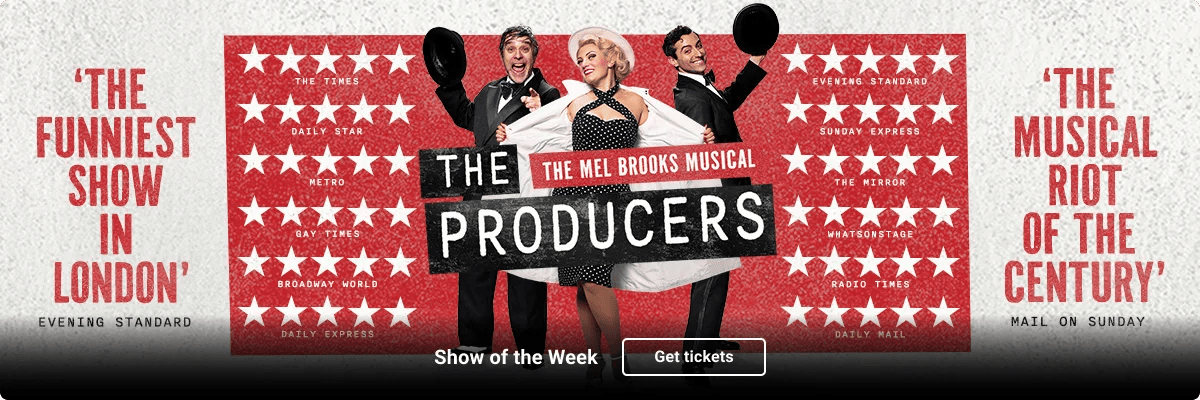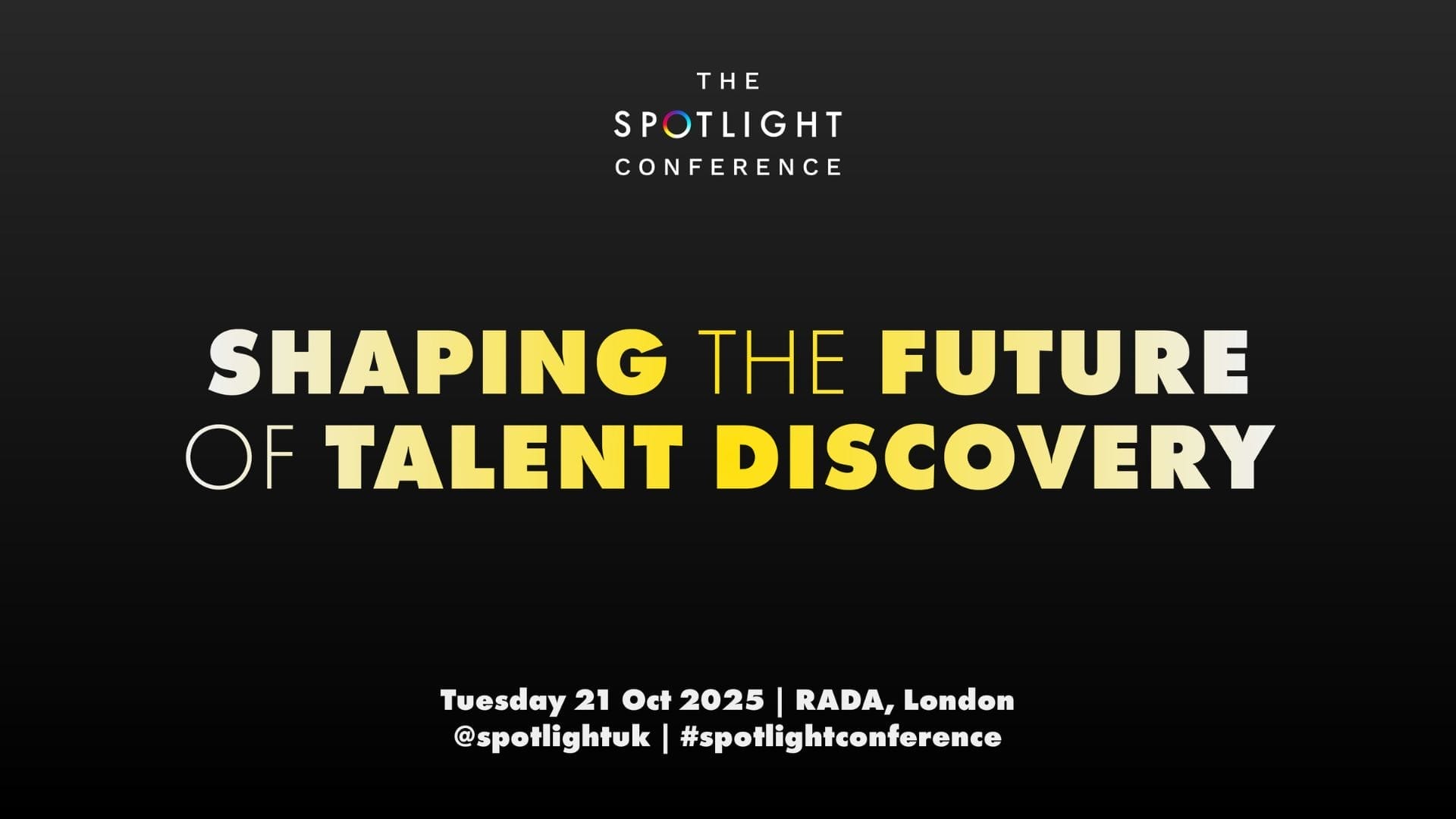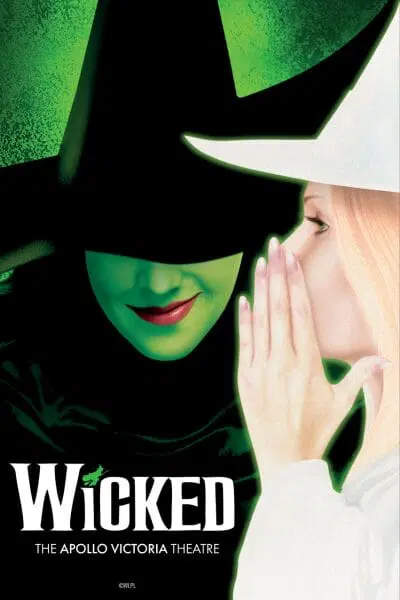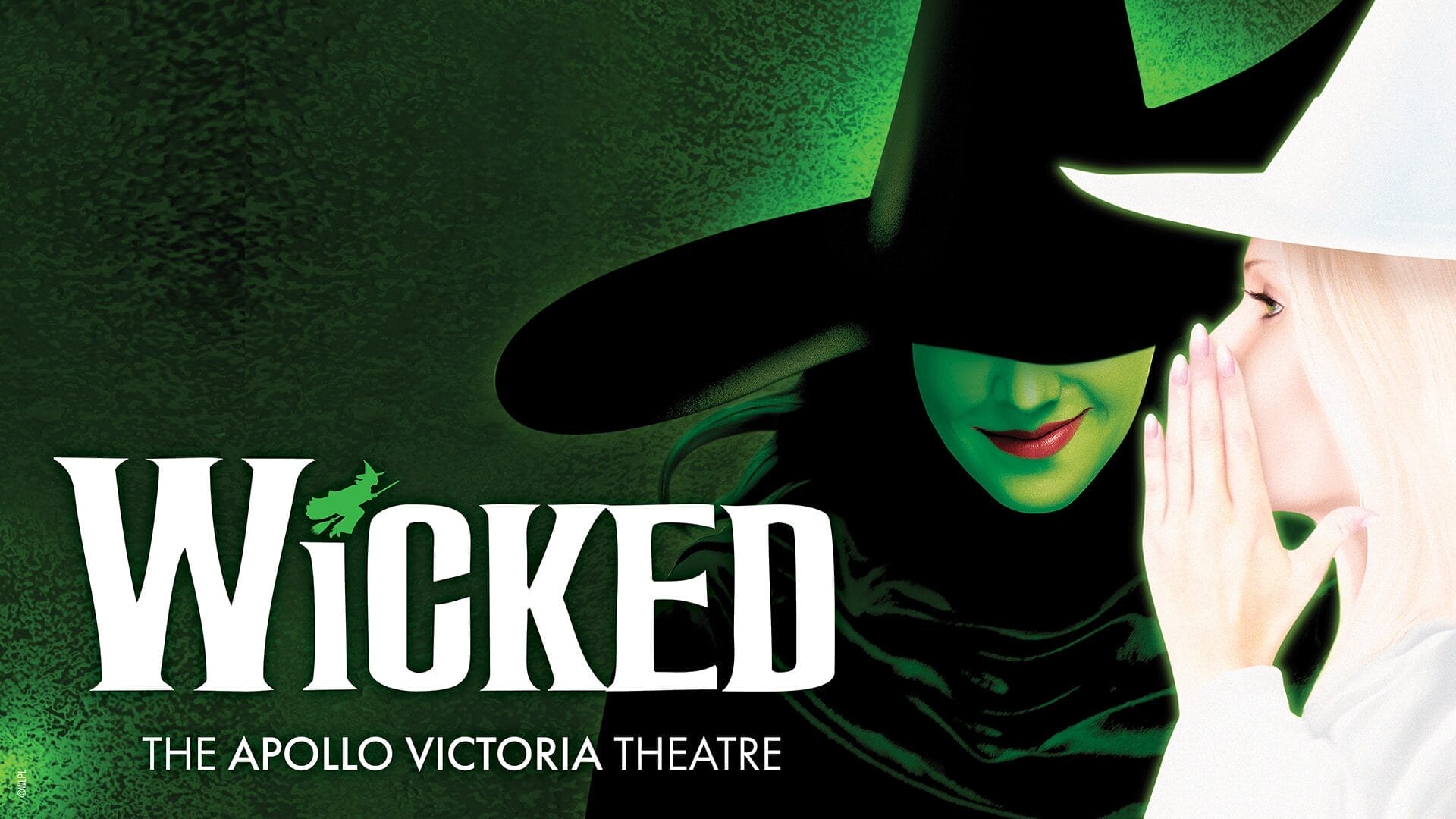 Ever since Shakespeare’s plays were first published, there has been constant discourse about to what extent it’s appropriate to adapt, amend, or tamper with the text of Shakespeare. Playwright Brian Dykstra makes his feelings very clear on the issue in his new play Polishing Shakespeare.
Ever since Shakespeare’s plays were first published, there has been constant discourse about to what extent it’s appropriate to adapt, amend, or tamper with the text of Shakespeare. Playwright Brian Dykstra makes his feelings very clear on the issue in his new play Polishing Shakespeare.
The play depicts a series of meetings between Janet, a playwright struggling with student loans; Ms Branch, the artistic director of a theatre; and Grant, a dotcom billionaire who fancies himself a patron of the arts. Grant wants to fund productions of Shakespeare but with the text rewritten, ostensibly to make the Bard accessible, though Janet is suspicious that there may be more nefarious reasons behind it. Nevertheless, Janet accepts the challenge and writes her own version of Henry VIII, but the changes she makes to the play are not to Grant’s liking.
Polishing Shakespeare has the rhythm and depth of a Shakespearean comedy. The text is written in iambic pentameter, the metre favoured by Shakespeare, and a lot of room is given for the characters to soliloquise and monologue on the ideas of the play. There are beautiful, lyrical ruminations on Shakespeare’s legacy, the importance of art, and the influence of money and capitalism on creative expression. It’s not easy to write in a Shakespearean style without collapsing into pastiche, but Brian Dykstra manages it.
All three of the players deliver the dialogue really well, making the quite dense, florid language clear and easy to understand. Each of the characters is well-rounded and very different, which allows the different views of each character to be explored fully, and the actors embody the characters convincingly. The highlight is Dykstra, who plays the character of Grant with a malicious relish, not overly cartoony, but, like all good Shakespeare villains, with just enough understanding of their motivations to be believable.
Polishing Shakespeare is a funny, witty little play that is a tribute to Shakespeare himself, as well as the art form of theatre and the importance of allowing creativity to flourish free from the poisonous influence of those who have an interest in censorship and the suppression of ideas.

















